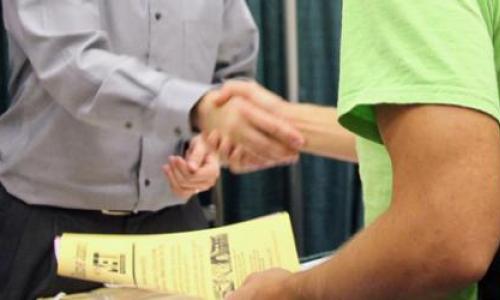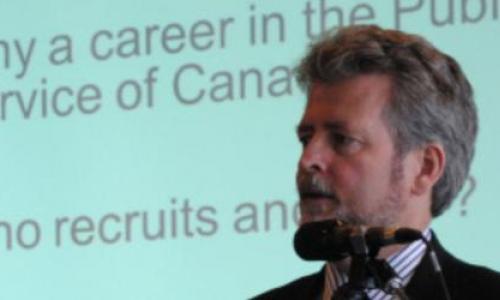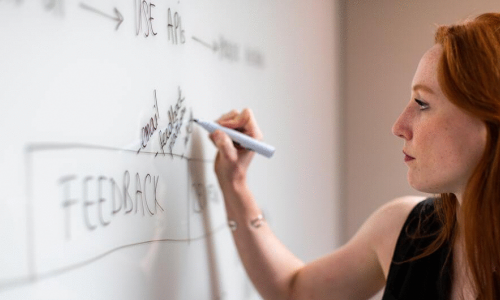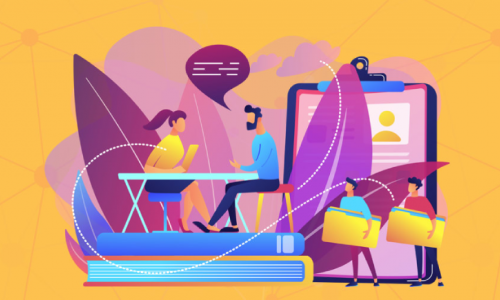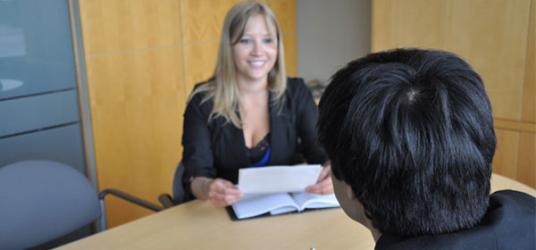
As we’re coming up to the end of the semester, most of us are thinking of looking for opportunities to work over the summer. As such, most of you are putting together your cover letter and resume, and maybe even your portfolio. In the whole fervor and scramble to prepare for the application, some students forget to prepare for the job interview. Besides the research about the company, how do you prepare for those tough interview questions? While you can’t prepare for every aspect of an interview, there are things you can do to make the interview process easier for yourself. By considering the following questions (or their variations) and getting your facts together, you will feel more prepared and present yourself in the best possible light!
1. Tell Me About Yourself
This is one of the most common and open-ended question asked by almost every employer. This is also a loaded question. The HR person or recruiter isn’t asking whether you love cats or that you love watching TV. Rather, your answer should be about your accomplishments, your interests, and something about your passion and background, especially related to the position and organization you are applying to.
2. Why Do You Want to Work Here?
Another loaded question that you should be aware of. This is a test to see if you are serious enough about the position and that you did the homework to research their organization. You should become familiar with their history, type of work that they do, and any awards or community outreach programs that they participate in. Be sure to connect how your personal goals and aspirations match that of the organization.
3. What Are Your Strengths/Weaknesses?
Your answer should focus on the skills and/or experiences that relate to the position. Strive to prepare short stories in advance to recall a time from previous experiences (paid work, volunteer or in school) where you demonstrated that strength with a positive outcome. Additionally, students often make the mistake of giving a too generic example of a weakness, such as “I am too much of a perfectionist”. Rather, it is recommended that you be honest and turn it into a positive by tying it into something that you’re working on improving. For example, if your job position requires you to speak publicly, you can tell them that while you get really nervous at speaking to large groups, you are currently attending Toastmasters to become more comfortable and to refine your presentation abilities.
These are just a few common questions that are asked at job interviews, but you should always prepare yourself for anything that they may ask. SFU has partnered with InterviewStream, an online tool where students can practice recorded interviews from the comfort of their own home. All you need is a webcam and internet connection and you can practice as many times as you want! You can also receive expert feedback on your interview performance through Career Services advisors, by sending the interview stream link. Contact Career Services for details at 778-782-3106 or careers@sfu.ca
Also, don’t forget about WIL’s Our Learning Community it has a terrific Interview Questions Database with hundreds of sample interview questions by faculty and areas of interest, check it out at www.sfu.ca/olc










